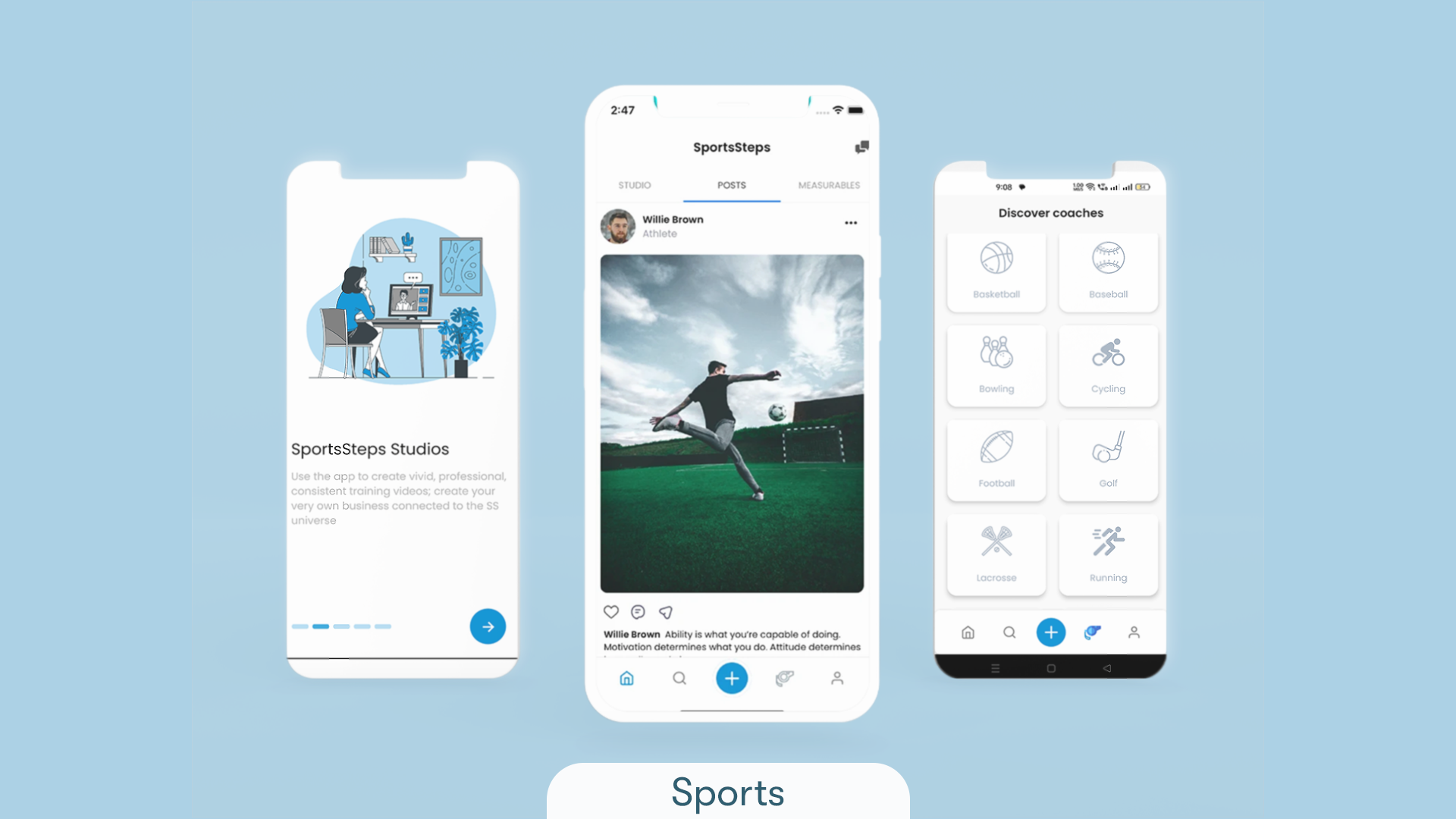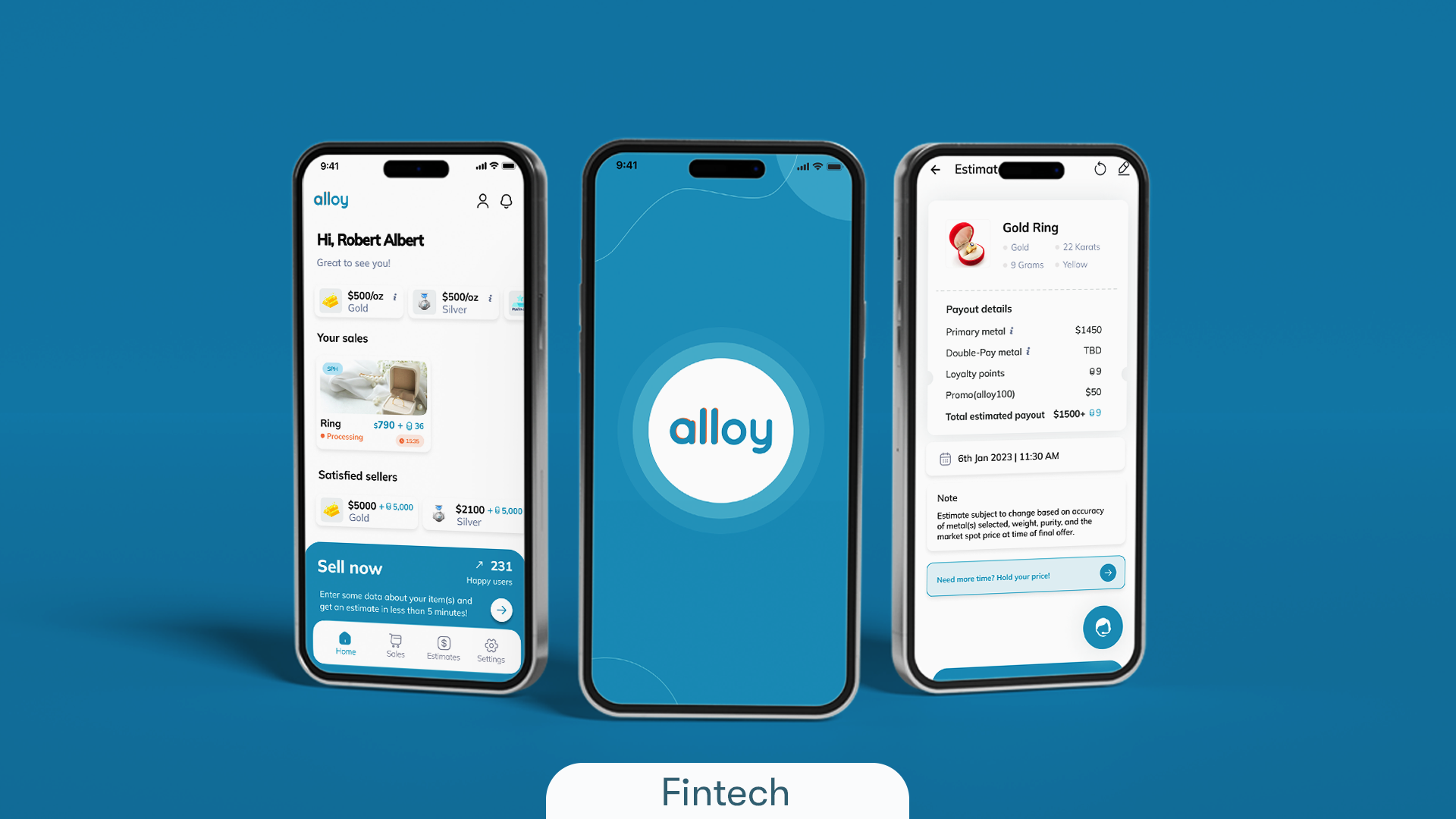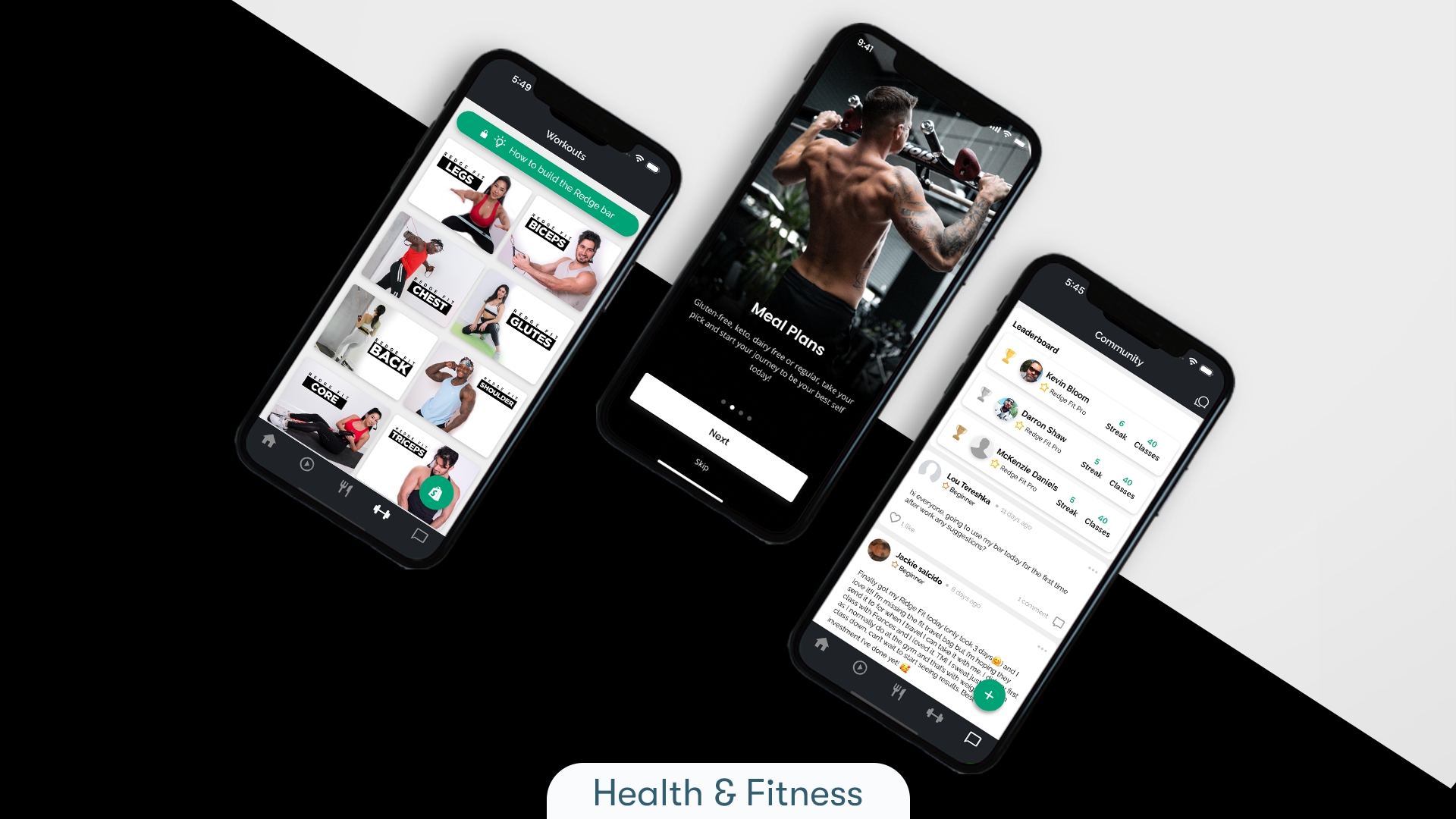March 20th, 2025 at 06:38 am
In the ever-evolving digital landscape, e-commerce businesses must stand out to succeed. While off-the-shelf e-commerce platforms like Shopify, WooCommerce, and Magento offer convenience, they often come with limitations in customization, scalability, and unique branding. This is where custom e-commerce solutions come into play, offering tailor-made features, better user experiences, and advanced functionalities to meet the specific needs of your business and customers.
A custom e-commerce platform allows businesses to fully control their store’s functionality, user interface, and integrations, ensuring a seamless, branded, and high-performance shopping experience. Whether you’re a startup looking to build a strong foundation or an established brand aiming to scale globally, investing in a bespoke e-commerce solution can provide a competitive edge in today’s saturated market.
This article explores the importance of custom e-commerce solutions, their advantages over pre-built platforms, and how businesses can leverage tailor-made development to optimize conversions, enhance security, and improve customer retention.
1. Why Businesses Need Custom E-Commerce Solutions

The Limitations of Off-the-Shelf E-Commerce Platforms
Pre-built e-commerce platforms are designed to serve a wide range of businesses, meaning they lack the flexibility to accommodate unique business requirements. While platforms like Shopify and WooCommerce offer convenience, they come with certain drawbacks, including:
Common Challenges with Generic E-Commerce Platforms:
✔️ Limited design flexibility – Pre-set templates restrict creative freedom.
✔️ High transaction fees – Many platforms charge extra for payment processing.
✔️ Scalability issues – Not all platforms can handle high-traffic spikes or global expansion.
✔️ Lack of advanced custom features – AI-powered search, personalized product recommendations, and custom checkout flows require additional development.
✔️ Security concerns – Businesses relying on third-party platforms are subject to platform-wide security vulnerabilities.
Stat: 75% of online shoppers say they judge a business’s credibility based on its website design and user experience.
For businesses seeking a unique, scalable, and secure online store, custom e-commerce development is the ideal solution.
2. Key Benefits of Custom E-Commerce Development

Tailored User Experience (UX) and Branding
A custom-built e-commerce platform allows businesses to create a unique, intuitive, and highly optimized shopping experience that aligns with their brand identity. Unlike generic platforms that use cookie-cutter templates, a custom solution provides complete design flexibility, ensuring:
✔️ Custom UI/UX design that reflects brand identity.
✔️ Seamless navigation for effortless product discovery.
✔️ Optimized checkout processes to reduce cart abandonment.
✔️ Personalized user interfaces for different customer segments.
📊 Stat: 88% of online shoppers will not return to a website after a bad user experience, making custom UX a priority.
High Performance and Scalability
Custom e-commerce solutions are built for speed and scalability, ensuring high-performance shopping experiences even during peak sales periods. Unlike hosted platforms that rely on shared resources, custom-built solutions can be optimized for fast load times, seamless browsing, and high traffic handling.
Performance Benefits of Custom E-Commerce Solutions:
✔️ Lightning-fast page loads reduce bounce rates.
✔️ Optimized backend architecture handles high-volume transactions.
✔️ Scalable infrastructure supports business growth without performance lag.
Example: Amazon reduced its page load time by 1 second and saw a 10% increase in conversions—proving that speed matters.
Personalized Shopping Experiences with AI
AI-driven custom e-commerce platforms provide hyper-personalized user experiences by analyzing customer behavior, browsing history, and purchase patterns.
AI-Powered Features in Custom E-Commerce Development:
✔️ AI-driven product recommendations based on user preferences.
✔️ Dynamic pricing algorithms that adjust prices based on demand.
✔️ Predictive analytics to forecast customer trends and stock needs.
✔️ Chatbots and AI assistants for real-time customer support.
Stat: Personalized product recommendations increase conversion rates by 35% and improve customer engagement.
3. Essential Features of a Custom E-Commerce Platform

Advanced Search and Filtering Options
✔️ AI-powered smart search with autocomplete.
✔️ Voice search and visual search capabilities.
✔️ Custom product filtering based on user preferences.
Custom Checkout and Payment Gateway Integration
✔️ One-click checkout for faster transactions.
✔️ Multiple payment gateways, including cryptocurrency.
✔️ Custom fraud detection and security layers.
Inventory and Order Management Automation
✔️ Real-time stock updates across multiple warehouses.
✔️ AI-powered demand forecasting to prevent overstocking or understocking.
✔️ Seamless integration with logistics providers for automated shipping tracking.
Multi-Vendor and Multi-Language Capabilities
✔️ Global expansion support with localized content.
✔️ Multi-vendor marketplace features for third-party sellers.
✔️ Automated tax calculation based on different countries/regions.
Security and Compliance Advantages
With the rise of cybersecurity threats, custom-built e-commerce platforms provide better security compared to off-the-shelf solutions, ensuring:
✔️ Advanced encryption to protect user data.
✔️ Secure payment gateways with PCI compliance.
✔️ Regular security updates to prevent data breaches.
✔️ Custom firewalls and fraud detection algorithms.
Fact: 60% of small businesses shut down within 6 months of a cyberattack, highlighting the need for strong security measures.
FAQs About Custom E-Commerce Solutions
1. How do custom e-commerce solutions differ from Shopify or WooCommerce?
Custom e-commerce solutions provide full control over design, scalability, and security, whereas Shopify and WooCommerce have pre-defined limitations and charge additional fees for custom features.
2. Are custom-built e-commerce platforms more expensive?
Initially, custom solutions require higher investment but offer long-term savings by eliminating transaction fees, third-party plugin costs, and security risks.
3. How do custom e-commerce platforms improve conversions?
They provide personalized shopping experiences, AI-powered recommendations, fast checkout options, and seamless navigation, all of which increase conversion rates.
4. Can a custom e-commerce platform integrate with third-party apps?
Yes! Custom platforms can integrate CRM systems, ERP solutions, analytics tools, and marketing automation software, ensuring smooth business operations.
5. Is a custom e-commerce platform scalable for future growth?
Absolutely! Custom solutions are built to handle increasing traffic, inventory expansion, and multi-channel selling without performance issues.
In the highly competitive e-commerce industry, businesses need more than just a generic platform—they need custom e-commerce solutions that offer personalization, scalability, security, and superior customer experiences. By investing in a tailor-made online store, businesses can stand out from the competition, optimize conversions, and build long-term customer relationships.
Ready to build a custom e-commerce platform that meets your business goals? Contact us today and take your online store to the next level!












